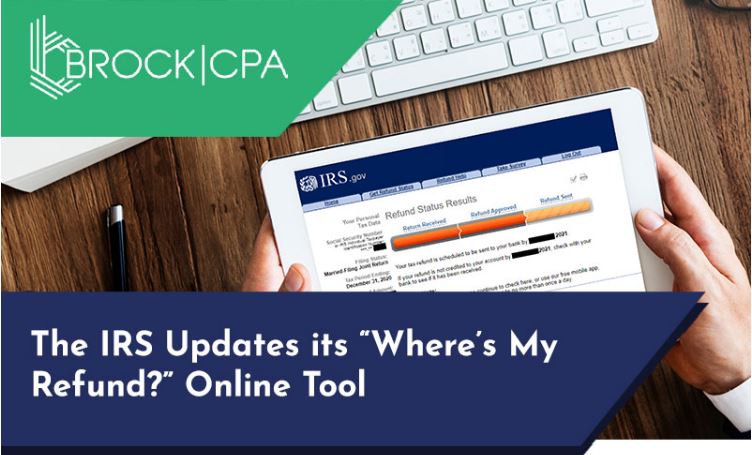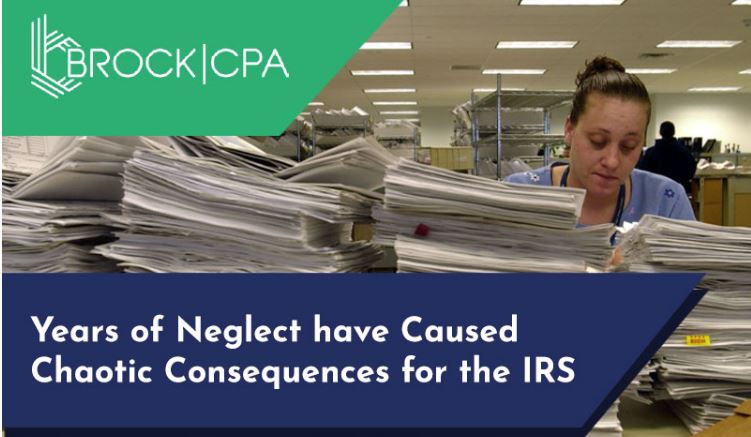Understanding the 2024 & 2025 Tax Brackets and Inflation Adjustments Updated for 2025
Tax season can feel like a puzzle, with new numbers and changing rules every year. Even when tax rates stay the same, inflation adjustments and new legislation can affect how much you owe, or how much you save.
As we file 2024 tax returns (due April 15, 2025) and plan ahead for 2025, here’s what you need to know about updated tax brackets, standard deductions, and key IRS changes that impact your bottom line.
The Good News: Tax Rates Stay the Same, But Thresholds Rise
The seven federal tax brackets (10%, 12%, 22%, 24%, 32%, 35%, and 37%) remain unchanged for 2024 and 2025. However, the income thresholds that determine which rate applies to you have been adjusted upward to reflect inflation, preventing “bracket creep,” where you’d owe more taxes simply because of cost-of-living pay increases.
These adjustments mean you’ll need to earn more to move into a higher bracket in 2025 than you did in 2024.
2025 Federal Income Tax Brackets (For Returns Filed in 2026)
Here’s how the 2025 brackets compare across filing statuses:
| Filing Status | Tax Rate | Taxable Income Range (2025) |
| Single | 10% | $0 – $11,925 |
| 12% | $11,926 – $48,475 | |
| 22% | $48,476 – $103,350 | |
| 24% | $103,351 – $197,300 | |
| 32% | $197,301 – $250,525 | |
| 35% | $250,526 – $626,350 | |
| 37% | $626,351+ | |
| Married Filing Jointly | 10% | $0 – $23,850 |
| 12% | $23,851 – $96,950 | |
| 22% | $96,951 – $206,700 | |
| 24% | $206,701 – $394,600 | |
| 32% | $394,601 – $501,050 | |
| 35% | $501,051 – $751,600 | |
| 37% | $751,601+ | |
| Head of Household | 10% | $0 – $17,000 |
| 12% | $17,001 – $64,850 | |
| 22% | $64,851 – $103,350 | |
| 24% | $103,351 – $197,300 | |
| 32% | $197,301 – $250,500 | |
| 35% | $250,501 – $626,350 | |
| 37% | $626,351+ |
(Source: IRS Revenue Procedure 2024-40)
These brackets rose about 2.8% from 2024, providing modest relief to taxpayers.
Standard Deduction Increases Again in 2025
The standard deduction — which reduces your taxable income before rates are applied — also rises for 2025:
| Filing Status | 2024 | 2025 | Increase |
| Single / Married Filing Separately | $14,600 | $15,000 | +$400 |
| Married Filing Jointly | $29,200 | $30,000 | +$800 |
| Head of Household | $21,900 | $22,500 | +$600 |
If you’re 65 or older or blind, you can add:
- +$1,600 per qualifying spouse (married filing jointly)
- +$2,000 if single or head of household
Other 2025 IRS Adjustments
In addition to bracket and deduction increases, several key IRS thresholds are changing:
- Alternative Minimum Tax (AMT) exemption:
- $88,100 (single) / $137,000 (married filing jointly)
- Earned Income Tax Credit (EITC):
- Maximum credit for 3+ children: $8,046
- Foreign Earned Income Exclusion:
- Increases to $130,000
- Health Flexible Spending Account (FSA) Limit:
- $3,300 (up from $3,200)
- Parking & Transit Fringe Benefits:
- $325 per month (up from $315)
Each of these small shifts helps offset inflation’s impact on day-to-day finances.
New for 2025: Additional Deductions Under the “One Big Beautiful Bill” (OBBB)
A major new law – the One Big Beautiful Bill Act – introduces several temporary deductions starting in 2025 and lasting through 2028.
These include:
- Overtime Income Deduction:
Deduct up to $12,500 (single) or $25,000 (joint) of qualified overtime pay. - Tip Income Deduction:
Allows certain service employees to deduct tip income that’s already reported. - Senior Deduction:
An extra $6,000 for taxpayers age 65+ (subject to income limits). - Vehicle Loan Interest Deduction:
Proposed deduction for interest on qualifying personal vehicle loans.
Note: These may apply even if you take the standard deduction, a rare opportunity for many middle-income taxpayers.
Because these deductions are new and subject to income limits, consulting a professional tax advisor is essential to determine eligibility.
Why It All Matters
Understanding inflation adjustments and new deductions helps you plan more effectively.
- You keep more of what you earn.
With higher thresholds and deductions, you may stay in a lower bracket. - Tax planning opportunities are expanding.
The OBBB Act creates new ways to reduce taxable income. - 2025 sets the stage for future tax law shifts.
Many provisions from the 2017 Tax Cuts and Jobs Act are still set to expire after 2025, meaning big changes may be on the horizon for 2026 and beyond.
Let Brock CPA Help You Make the Most of 2025
Tax laws are complex and ever-evolving — but you don’t have to navigate them alone.
The professionals at Brock CPA in Jacksonville specialize in tax planning, preparation, and proactive financial strategy for individuals and businesses.
Call us at (904) 330-0268
Email: dbrock@brockcpa.com
Visit: brockcpa.com
You can also explore official IRS resources at irs.gov.
Brock CPA is a full-service Jacksonville accounting firm providing tax planning, business consulting, and financial strategy for families and businesses across Florida.










